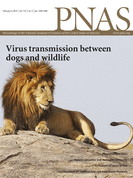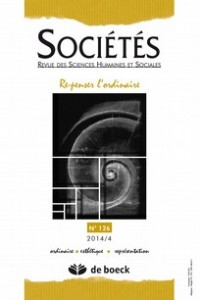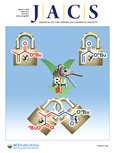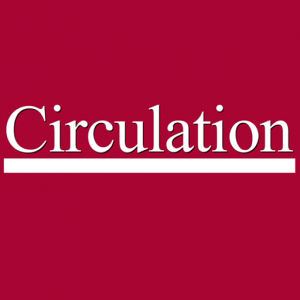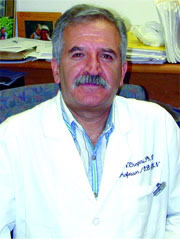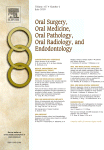 A 2002 paper has been retracted by Cancer after some of the authors notified the journal that they hadn’t agreed to submit it — and an investigation found that a number of the patients described had been made up.
A 2002 paper has been retracted by Cancer after some of the authors notified the journal that they hadn’t agreed to submit it — and an investigation found that a number of the patients described had been made up.
Here’s the notice for “Radioimmunotherapy of small-volume disease of metastatic colorectal cancer: results of a phase II trial with the iodine-131–labeled humanized anti–carcinoembryonic antigen antibody hMN-14:” Continue reading Study by deceased award-winning cancer researcher retracted because some patients were “invented”
